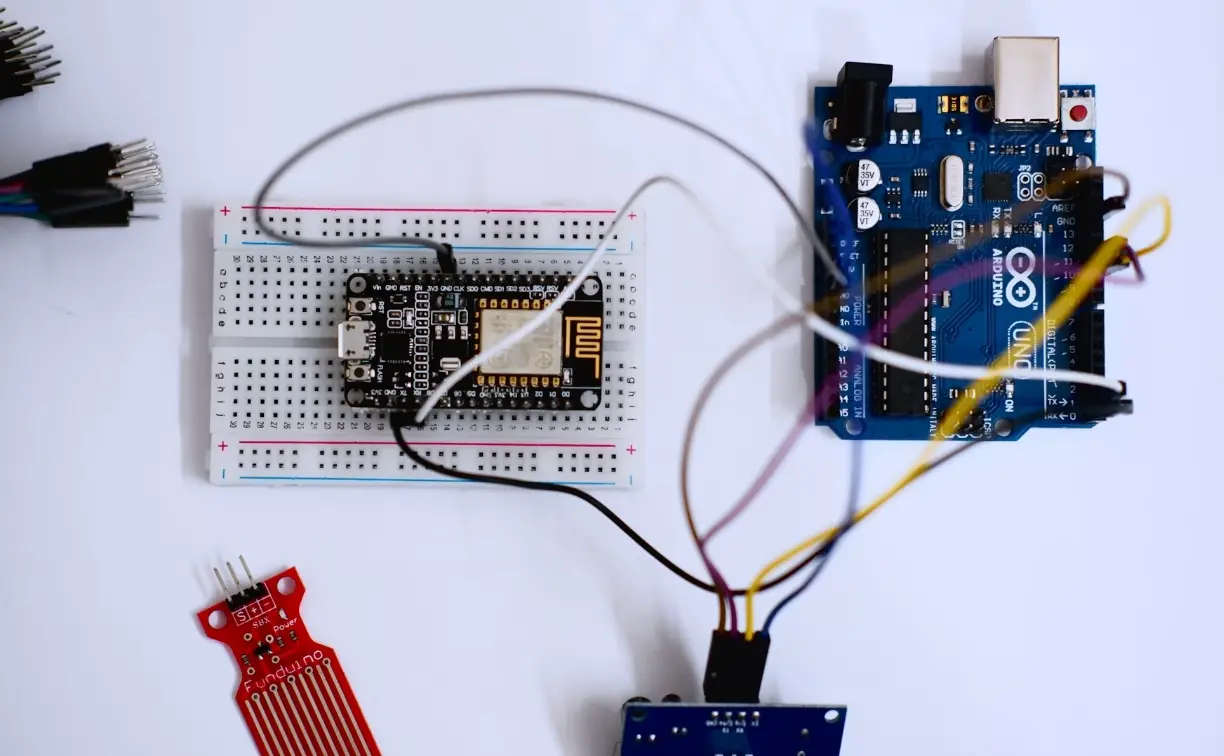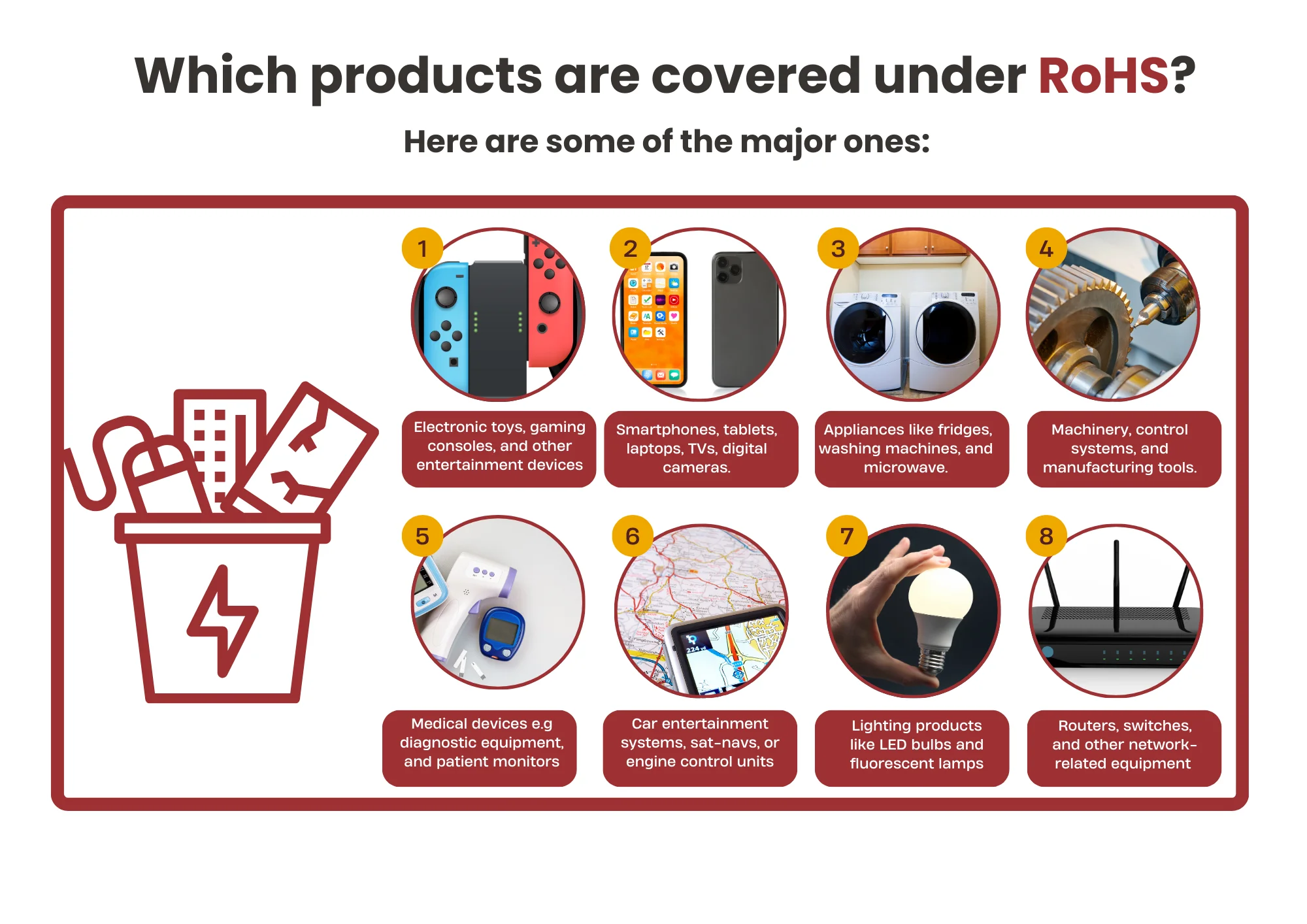
What certification testing is required for USB desk lamp?
USB desk lamps are relatively new household items, designed to be compact and practical. Common features include a base equipped with a touch switch for easy brightness adjustment; built-in wireless charging function for charging phones by simply placing them on the lamp; and additional USB ports to meet the charging needs of other electronic devices. With so many features packed into one USB desk lamp, what certifications do manufacturers need to obtain?
Summary of certification testing items for USB desk lamps:
- QI
- Safety standards: UL/CUL or ETL/CETL
- FCC /IC ID
- Optical LM79
- Flicker/dimming
- Power adapter compliance: DOE, CEC, NRCAN+OEE
- CP65
Common questions about USB desk lamp certification:
Does a wireless desk lamp need an ocean shipping identification certificate?
It depends on the actual product. If the lamp contains lithium batteries, then it's required; otherwise, it's not needed.
Can a USB desk lamp going to the United States only obtain an fcc sdoc?
No. Typically, wireless desk lamps with charging functions have an internal wireless charging module, which requires applying for FCC certification (fcc id). The lamp part needs an FCC SDOC (for transmission and radiation assessment).
Does a USB desk lamp need flicker testing?
If it comes with LED bulbs, then yes. Flicker testing is applicable to LED luminaires and bulbs.
Does a USB desk lamp need QI certification?
If there is no QI logo on the lamp or packaging, then it's not required. Otherwise, it's necessary.
What are the energy efficiency requirements for the USB ports on a USB desk lamp?
For USB ports going to the United States, DOE registration and CEC testing reports are required. For Canada, it's NRCAN+OEE, and the energy efficiency level needs to reach level six. It's recommended to do both markets together to save time and costs.
Email:hello@jjrlab.com
Write your message here and send it to us
 UL Compliance and ETL Certification for LED Lighti
UL Compliance and ETL Certification for LED Lighti
 What is the IEC 60598 Standard?
What is the IEC 60598 Standard?
 What is the Canada IC Logo?
What is the Canada IC Logo?
 EMC Pre Compliance Testing
EMC Pre Compliance Testing
 PAHs Testing (Food and Textile)
PAHs Testing (Food and Textile)
 Where to Apply for the EU RoHS Test Report?
Where to Apply for the EU RoHS Test Report?
 Children’s Products and Toy Testing
Children’s Products and Toy Testing
 What is a GB 31701 Test Report?
What is a GB 31701 Test Report?
Leave us a message
24-hour online customer service at any time to respond, so that you worry!




